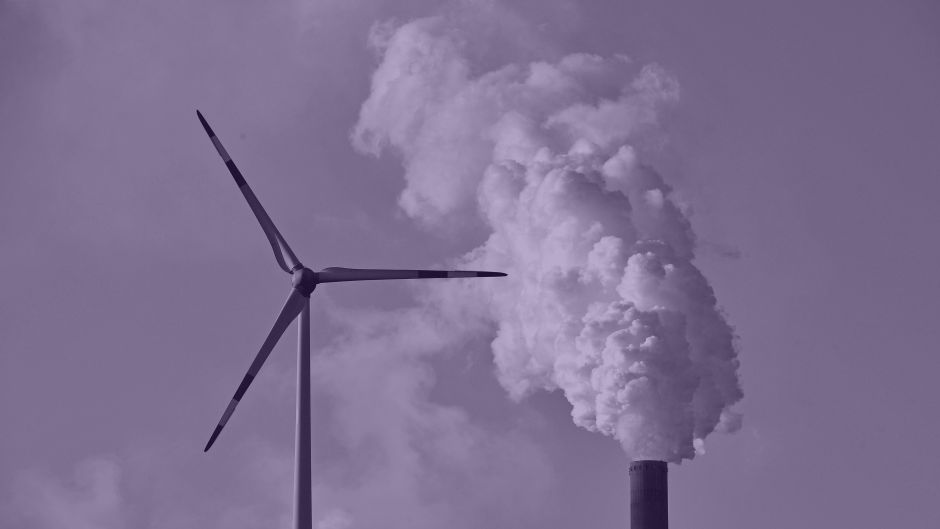December 4, 2017
Humanity’s fight against climate change is failing. One technology can change that.
"At two percent of global GDP, we can make the carbon dioxide problem go away," says Columbia's Peter Kelemen, who is developing technology to turn carbon emissions to stone.
December 1, 2017
A Brainless Breakthrough in Neuroscience
Rafael Yuste, a Columbia neuroscientist, and his graduate student, Christopher Dupre, recorded the activity of every neuron in a hydroid and correlated it with its behavior—a major conceptual and experimental breakthrough that might allow scientists to better understand how interactions among neurons control behavior.
December 1, 2017
Earthquake Reported Along East Coast, Felt in NYC Area
Won Young Kim, a Columbia seismologist, says on the East Coast, faults move just a few millimeters a year, but eventually, it adds up. "Accumulating over the years, a small fault can break," Kim said.
November 28, 2017
Five Ways to Fix Statistics
As debate rumbles on about how and how much poor statistics is to blame for poor reproducibility, Nature asked influential statisticians — including Columbia statistician Andrew Gelman — to recommend one change to improve science.
November 27, 2017
Physicists Cracked the Mystery of Teleportation — But it’s Nothing Like What You See in Star Trek
Brian Greene, professor of physics and mathematics at Columbia University and co-founder of the World Science Festival, explains that there is a version of teleportation that physicists now routinely make use of.
November 22, 2017
Black Hole Pretenders May Be Superfast-Spinning Pulsars
Slavko Bogdanov, an astronomer at Columbia University, is helping unravel the murky origins of these cosmic imposters, which could lead to breakthroughs in understanding the lives and deaths of stars
November 21, 2017
Pacific Northwest May Be at Most Risk for the ‘Big One’ Because of Seafloor Sediments
Scientists at Columbia and the University of Austin at Texas say the compact sediments in an area called the Cascadia subduction zone offshore the Pacific Northwest increase the likelihood of major earthquakes and tsunamis.







